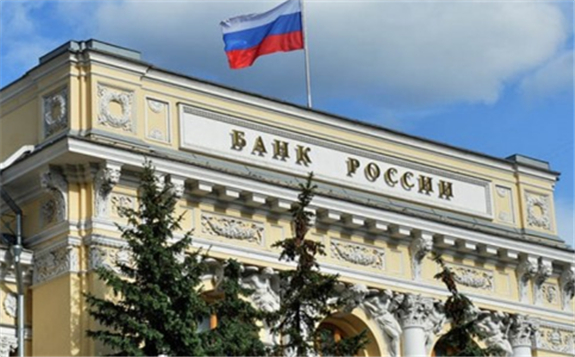The oil price crash that Russia helped create, along with the coronavirus-driven global recession, will result in Russia’s economy shrinking this year by the most in 11 years, the World Bank said in its latest economic report on Russia.

Russia’s economy will suffer from the global recession and local efforts to contain the pandemic and the low price of oil—Russia’s largest export—the World Bank said.
The COVID-19 pandemic has weakened the Russian ruble and has resulted in lower fiscal revenues for the country, according to the bank.
“Heightened global risk aversion on financial markets, further exacerbated by a slump in oil prices, has weakened the ruble by 11 percent since the beginning of 2020,” the World Bank said in its Monday report.
Due to the plunge in oil prices, Russia is also expected to run deficits between 2020 and 2022, at 7.2 percent of GDP this year, 1.6 percent of GDP in 2021, and 0.5 percent of GDP in 2022.
“There are immediate impacts of the pandemic-driven recession, such as the steep rise in unemployment, the drop in real wages, reduced fiscal revenues, and a weakened banking sector,” Apurva Sanghi, Lead Author of the Study and Lead Economist for the World Bank in Russia, said in a statement.
Downside risks to Russia’s economy include protracted pandemic and containment measures, slow global economic recovery, and of course, another drop in commodity prices, according to the World Bank.
Signs have already emerged that Russia’s economy is suffering from the low oil prices and the OPEC+ agreement under which it has to cut around 2 million barrels per day (bpd) off its oil production to bring it to 8.5 million bpd. Industrial output in Russia fell in May, largely as a result of the production cuts that Russian oil companies had to implement following the April agreement by OPEC+ to remove a combined 9.7 million bpd from the global market.
Last week, Russia’s Energy Minister Alexander Novak said that OPEC+ was not discussing or planning changes to its production cut agreement, which should see the oil producers ease the cuts in August.